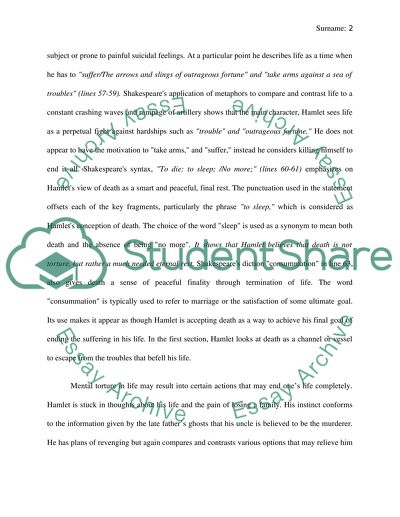Cite this document
(“Hamlet vs. Rosencrantz and Guildenstern are Dead Essay”, n.d.)
Hamlet vs. Rosencrantz and Guildenstern are Dead Essay. Retrieved from https://studentshare.org/literature/1641735-hamlet-vs-rosencrantz-and-guildenstern-are-dead
Hamlet vs. Rosencrantz and Guildenstern are Dead Essay. Retrieved from https://studentshare.org/literature/1641735-hamlet-vs-rosencrantz-and-guildenstern-are-dead
(Hamlet Vs. Rosencrantz and Guildenstern Are Dead Essay)
Hamlet Vs. Rosencrantz and Guildenstern Are Dead Essay. https://studentshare.org/literature/1641735-hamlet-vs-rosencrantz-and-guildenstern-are-dead.
Hamlet Vs. Rosencrantz and Guildenstern Are Dead Essay. https://studentshare.org/literature/1641735-hamlet-vs-rosencrantz-and-guildenstern-are-dead.
“Hamlet Vs. Rosencrantz and Guildenstern Are Dead Essay”, n.d. https://studentshare.org/literature/1641735-hamlet-vs-rosencrantz-and-guildenstern-are-dead.


